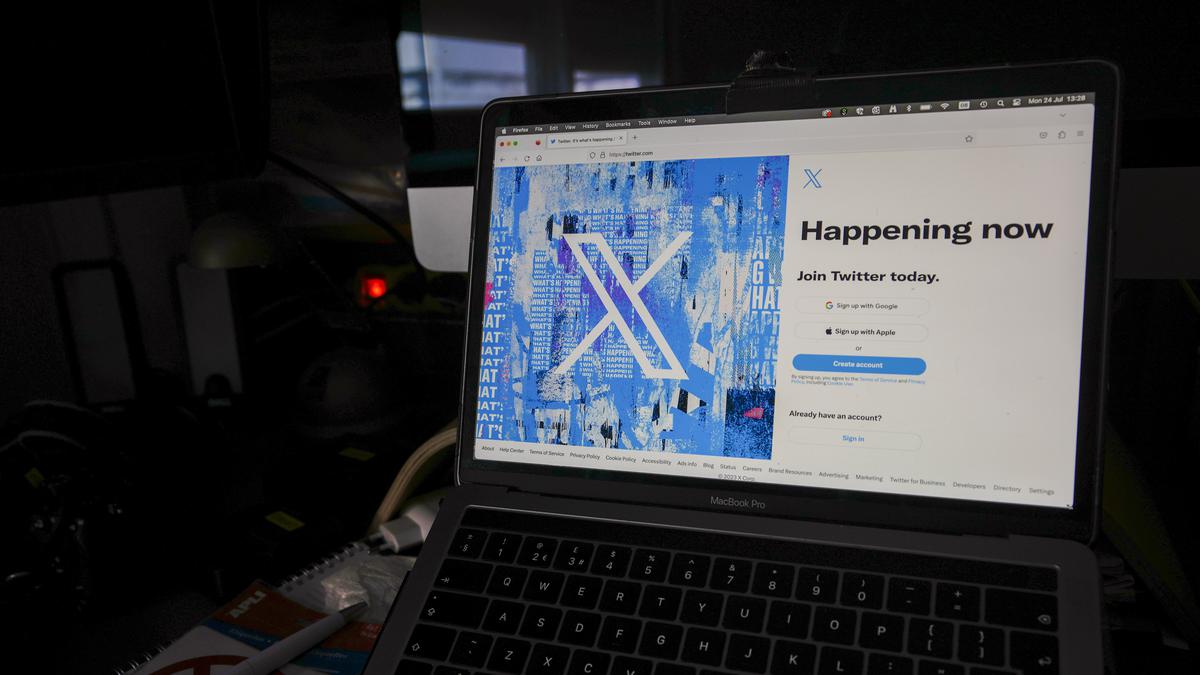
Division bench of Karnataka High Court tells X Corp to deposit ₹25 lakh during pendency of appeal in blocking order dispute
The Hindu
A division bench of the High Court said that a single’s judge’s direction to pay ₹50 lakh cost, and additional cost for delay, would be stayed till further order subject to Twitter depositing ₹25 lakh in the court.
A division bench of the High Court of Karnataka has directed X Corp (formerly Twitter), a micro blogging platform, to deposit ₹25 lakh while staying till further order the ₹50 lakh cost imposed on the company by a single judge while dismissing the platform’s petition against blocking orders issued by authorities in India.
The division bench comprising Chief Justice Prasanna B. Varale and Justice M.G.S. Kamal passed the interim order on August 10 after hearing the preliminary submissions of the appeal filed by X Corp, which owns Twitter, against the single judge’s verdict.
The single judge, in his June 30 verdict, had upheld the legality of blocking orders, issued by competent authorities, asking Twitter to block some accounts and some objectionable tweets from some accounts, under provisions of the Information Technology Act, 2000, and the Information Technology (Procedures and Safeguards for Blocking of Access to Information by Public) Rules, 2009.
While criticising the conduct of Twitter, the single judge had imposed ₹50 lakh as cost while directing the company to pay the amount to the Karnataka State Legal Services Authority within 45 days. Further, the single judge had said that Twitter has to pay an additional cost of ₹5,000 per day if the company fails to pay ₹50 lakh within 45 days.
Twitter had sought an early hearing and stay of cost as the 45-day deadline would expire on August 15.
The division bench said that the single’s judge’s direction to pay cost and additional cost for delay would be stayed till further order subject to Twitter depositing ₹25 lakh in the court.
The micro blogging platform, in its appeal, has contended that the single judge had erroneously held that appellant is not entitled to rights under Article 21 of the Constitution of India, and incorrectly held that Section 69A (1) of the Information Technology Act, 2000 also permits blocking of the Twitter account itself, instead of blocking only the disputable contents.


















